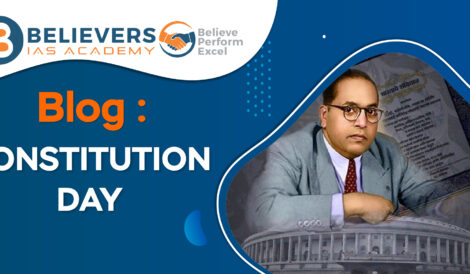Encouraging Innovation in Digital Communication: TRAI’s Regulatory Sandbox Recommendations
Context:
Recently, TRAI has released recommendations on establishing a regulatory sandbox framework to foster innovative technologies, services, use cases, and business models in the digital communication sector.
Relevance:
GS-03 (Science & Technology)
Key Highlights:
- Recognizing the importance of providing a conducive environment for testing new technologies like 5G/6G, Machine to Machine Communications, Artificial Intelligence, and the Internet of Things, TRAI formulated recommendations for a regulatory sandbox framework.
Regulatory Sandbox:
- A regulatory sandbox facilitates regulated access to telecom networks and customer resources in real-time, enabling testing of new ideas that may not be feasible in conventional lab settings.
- Specific exemptions in regulations, applicable only for sandbox testing, are granted to facilitate testing of new services, technologies, and business models.
- Many countries have established sandbox frameworks, and implementing one in India will encourage entrepreneurs to develop solutions for the digital communication industry.
Key Recommendations:
- The recommendations outline various components of the sandbox framework, including eligibility criteria, essential requirements for participants, documentation requirements, application procedures, evaluation criteria, and approval process.
- It provides a validity period of up to 12 months for testing products in the sandbox, with provisions for extension or early termination if necessary.
Significance:
- The proposed regulatory sandbox framework will provide startups in the digital communication industry access to real network environments and telecom network data, facilitating testing of new applications before market launch.
- This initiative is expected to spur innovation and accelerate the development of cutting-edge technologies in the digital communication sector, contributing to India’s technological advancement and global competitiveness.




